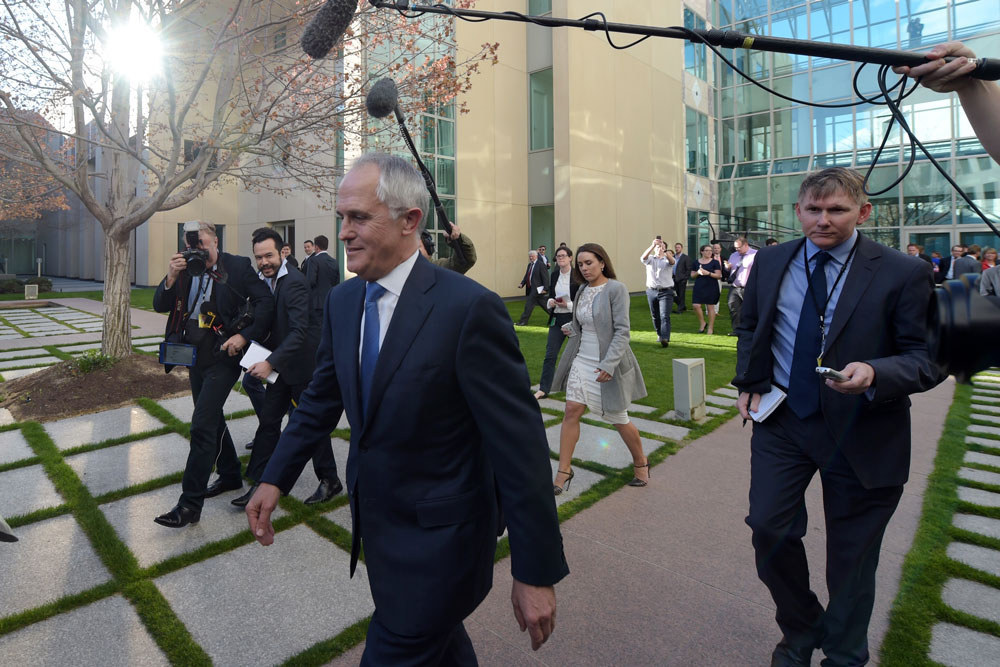Australia, as you might have heard, has a new prime minister. That's four in three years.
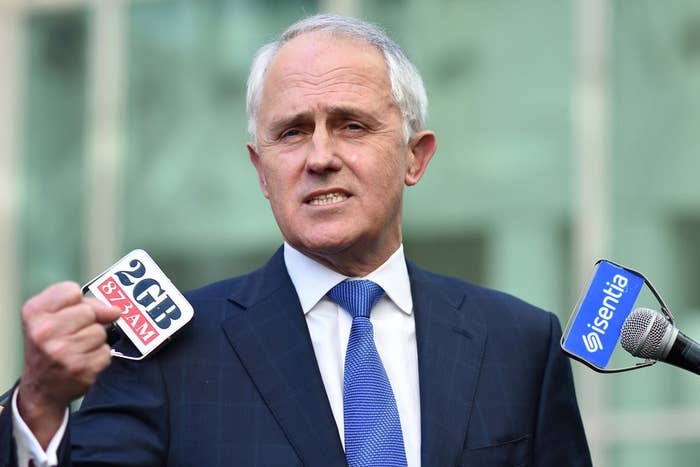
Which is really weird because as a country, Australia has been doing pretty great for a long time.
For years Australia had stable government. Malcolm Fraser was PM for eight years from 1975. Bob Hawke also got eight years. Paul Keating enjoyed five years in office and John Howard was in power for more than a decade until 2007.
Australia was one of the only OECD nations to come through the global financial crisis relatively unscathed. We haven't had a recession in well over 20 years. Unemployment and debt are both low and generally speaking things are pretty harmonious.
So what has happened for the last eight years? Settle round, kids, and let us tell you a story. It all starts with this guy. His name is Kevin. He's from Queensland and he was here to help.

Kevin Rudd became prime minister in 2007 after toppling conservative John Howard from office. Howard had been PM for 11 years and had presided over a period of stability and record growth – thanks mostly to the fact that China just loved buying our dirt.
Rudd won power by acting like John Howard-lite. From the centre-left, Rudd presented himself as a God-fearing Christian and economic conservative. He was fun and folksy and people just loved him.
He did some good things like apologising to Australia's Indigenous Stolen Generation and finally acting on climate change after years of Howard's intransigence.
But then the GFC came and the shit hit the fan. Rudd spent billions of dollars stimulating the economy. It worked, but there was also plenty of waste, and some of the stimulus schemes ended with young workers dying. We also suddenly found ourselves in debt.
As things got a bit shaky Rudd made a fatal error. He abandoned his strong stance on climate change, which he once called "the great moral challenge" of our time. The polls went south, his party got nervous, and they started looking around for an alternative.
Enter Julia Gillard. She was Rudd's popular deputy and she was adamant that she wouldn't challenge Rudd for the top job right up until the moment she did just that.
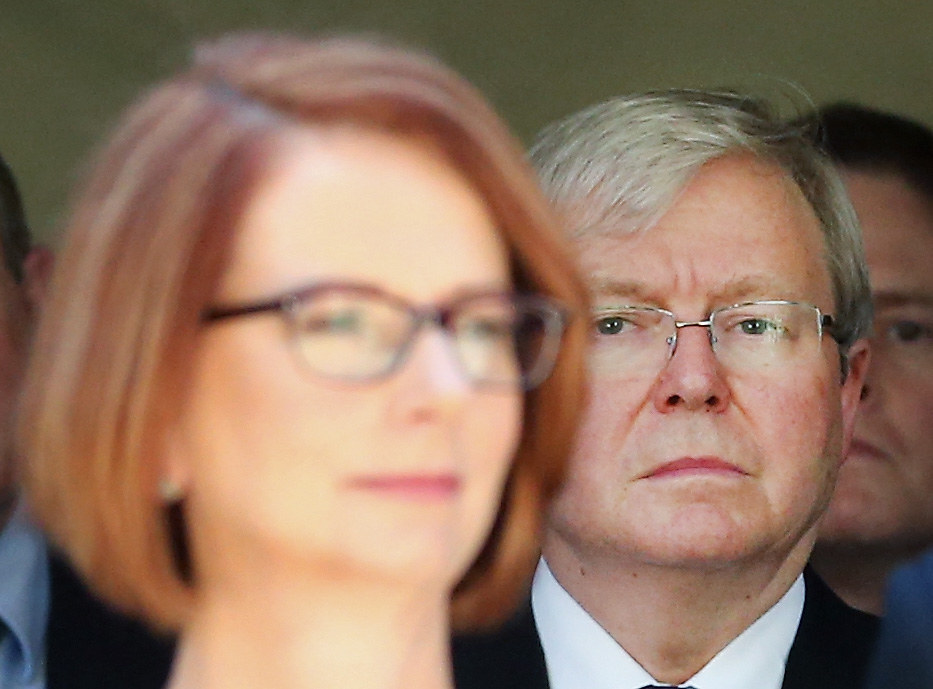
Late one night in June 2010 a single tweet went out saying Julia Gillard was on the move. The Labor party was supporting her to take over from Rudd and she was willing to plunge the knife in.
Breaking: Kevin Rudd's leadership under siege tonight from some of Labor's most influential factional warlords. More to come
It all happened very quickly. Labor MPs who hated Kevin Rudd's chaotic management style and short temper shifted behind Gillard and Rudd was so humiliated he didn't even contest the ballot.
Australia went to bed with one prime minister and woke up with another and it confused the hell out of them.
It was unprecedented. Never before had a sitting prime minister been turfed out in his first term.
Rather than leave parliament, a humiliated Rudd was hellbent on revenge. Gillard quickly went to an election and won, but only just. Relying on independent MPs, she was able to form a minority government, but needed Rudd's support as well.
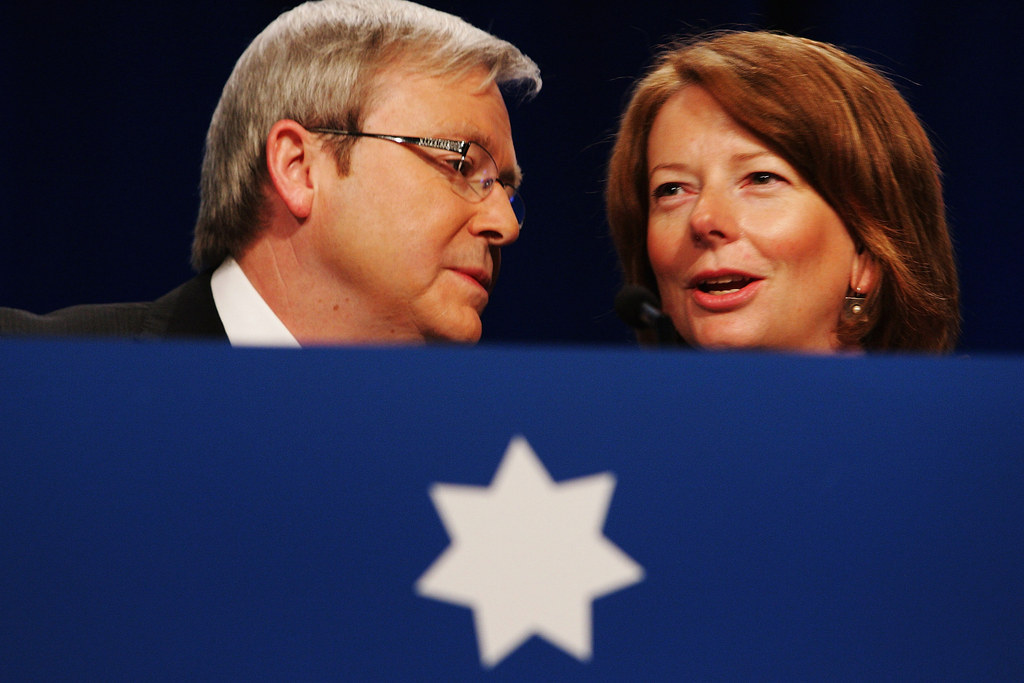
Rudd was named foreign minister in the Gillard government and from his perch he was able to quickly wage a campaign destabilising Gillard.
Attempting to keep her government together while fending off the attacks of a ferocious opposition leader, Tony Abbott (remember him, he comes back later), Gillard quickly sank in the polls. (She also made plenty of mistakes and showed terrible judgement at times.)
In early 2012 the destabilisation became too much and Gillard called Rudd's bluff and called a ballot for the leadership of the Labor party. Rudd nominated and lost badly. His party still hated him.
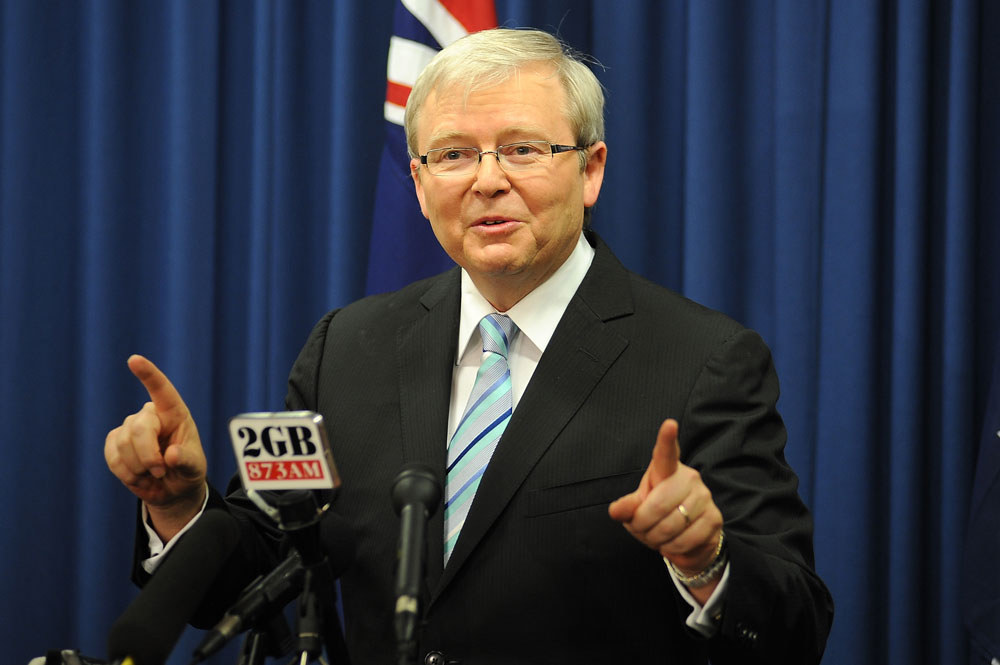
Humiliated again, Rudd went to the backbench and did what he does best – leaked to the media, destabilised Gillard, and waited for her to slip up. Which she did. A lot.
Gillard's poll numbers sank further. Every day, newspaper front pages were dedicated to her impending demise and it only seemed a matter of time.
Eventually things got so bad that respected party elder (and Rudd backer) Simon Crean called for an end to the leadership speculation. Again, Gillard called a ballot. Realising everyone still hated him, Rudd chose not to challenge.
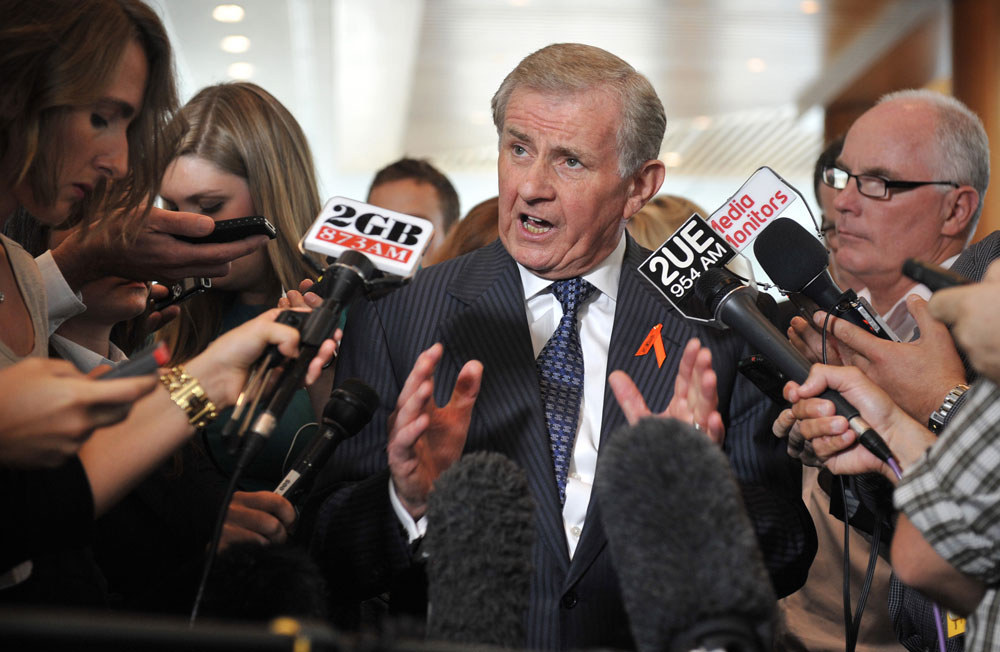
Labor was embarrassed and embarrassing. In government it could only talk about itself and voters were fleeing in droves. Still, Rudd lurked, waiting to strike.
And third time's a charm. As an election approached it was clear that Labor was going to lose badly. Realising their jobs were on the line, enough MPs shifted camps from Gillard to Rudd.
Eventually, a challenge was made. Bravely, Gillard stood, but lost. Kevin Rudd was prime minister for a second time.
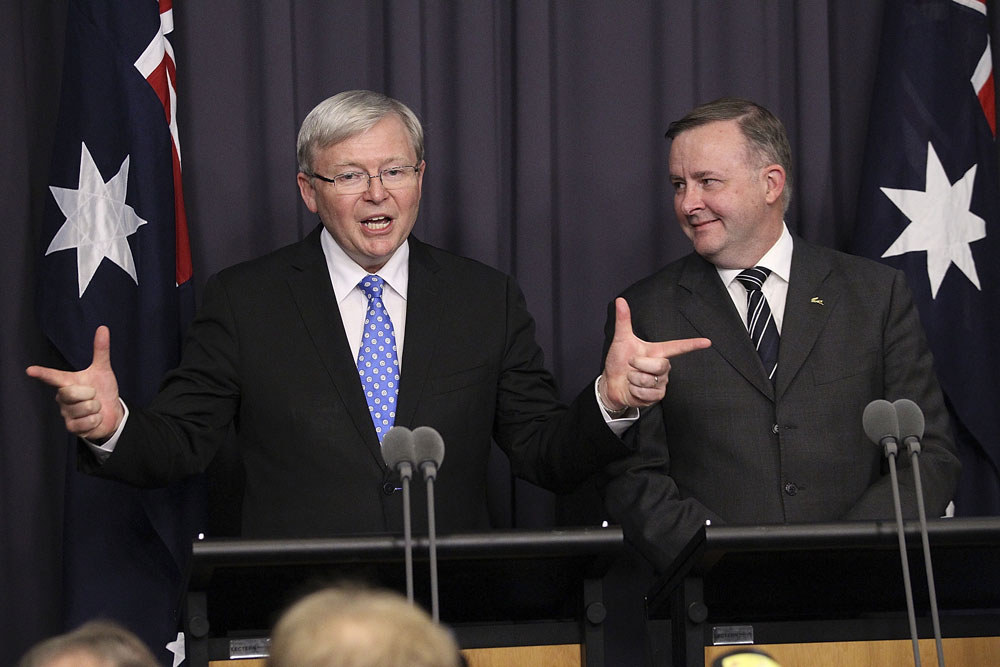
Rudd quickly called an election and lost badly to opposition leader Tony Abbott. (Remember him?)
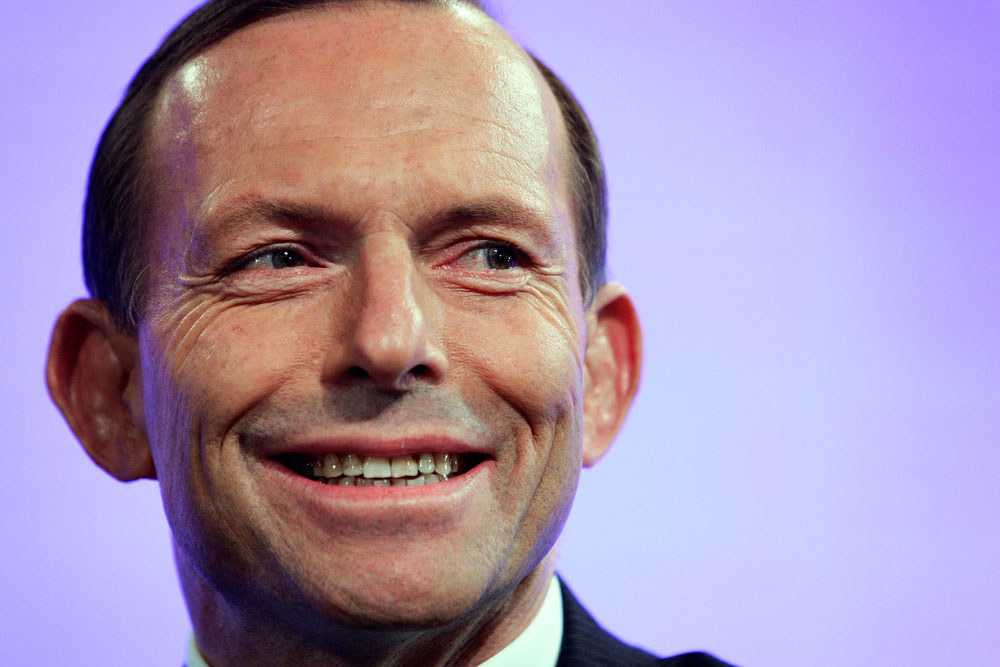
With a huge majority, Tony Abbott, who was a senior minister in the Howard government, should have been just fine.
But it quickly started to go bad. The thing was, people never really loved Tony. He didn't really win the prime ministership so much as Labor lost it.
A series of gaffes early on saw poll numbers sink and people started speculating about the leadership in record time. A disastrously unpopular first budget only made things worse.
MPs were frustrated with Abbott's leadership style. He made a series of "captain's calls" without consulting his colleagues, and a lot of those calls went badly. Economic management, which was supposed to be a Liberal party strength, became the government's Achilles' heel.
In February this year junior MPs triggered a leadership spill even though there was no challenger. Thirty-nine MPs voted against Abbott, meaning they had pretty much voted for an empty chair.
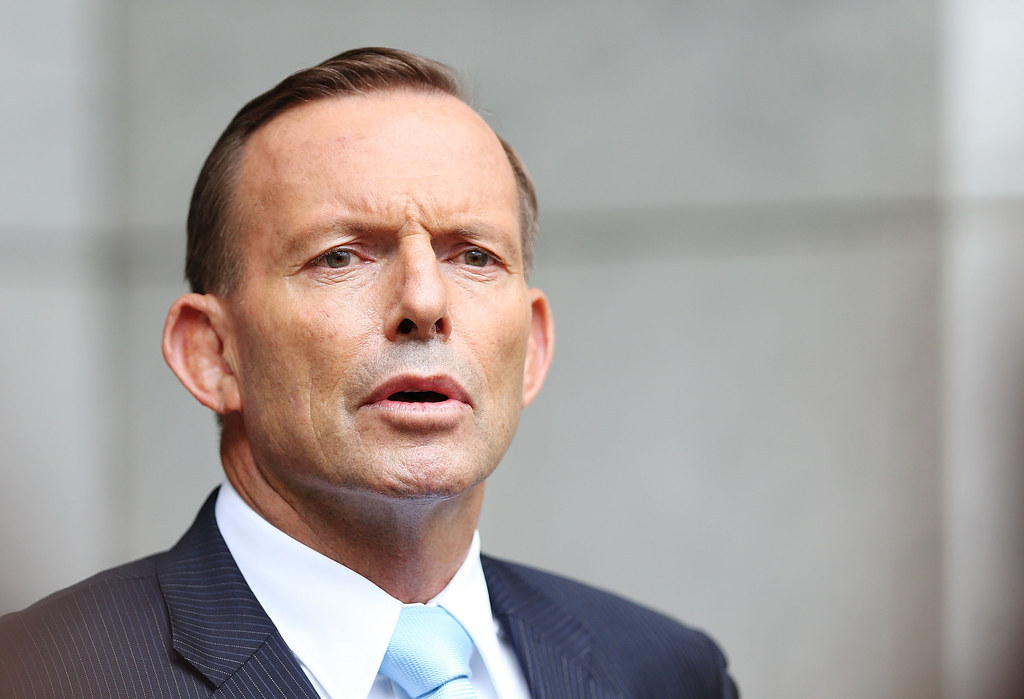
Throughout it all, Malcolm Turnbull was the phantom candidate. Lurking in the background, not saying anything and just waiting for the party to come to him. Popular with the electorate, he was the obvious choice to replace Abbott when the time came.
(Fun fact: Turnbull had briefly been opposition leader when Rudd was PM, but was toppled by Tony Abbott)
Following the nonexistent challenge, Abbott promised that "good government starts today", which raises the question: What had he been doing for the previous 18 months?
And then good government didn't really start. People never warmed to Abbott, the gaffes continued, and 30 polls in a row showed that the government would lose if an election were held today.
So on Monday, Turnbull walked into Tony Abbott's office and told him it was time to go. Abbott refused and a vote was called. Turnbull succeeded 54–44. For the third consecutive term, the prime minister had been toppled.
